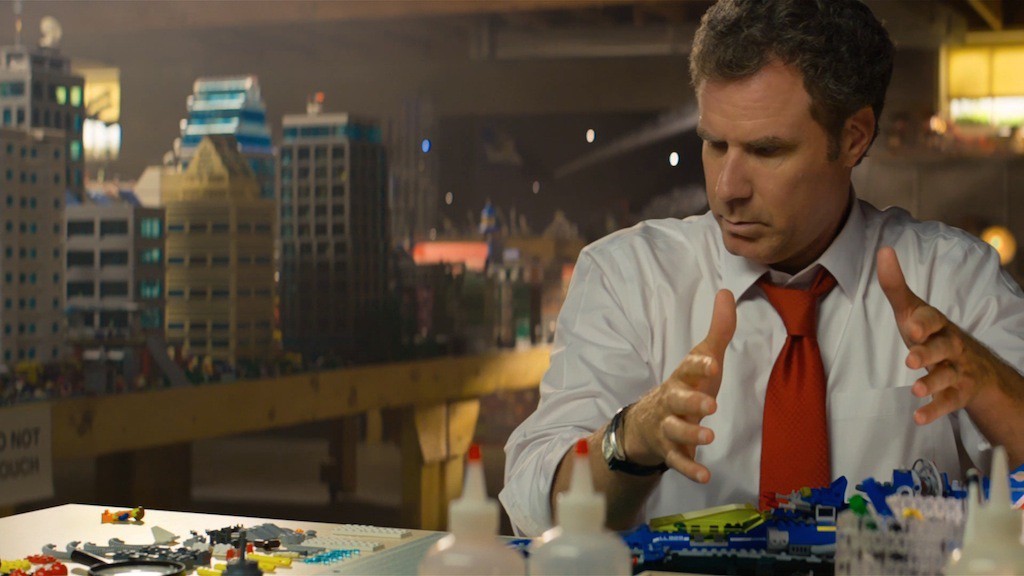Did We Kill Hobbies By Monetizing Them?
“Side hustles” have overtaken “hobbies” for what to do in our spare time

In a much-read piece, Stephanie Buck argues that the hobby is dead. RIP hobbies, they have gone the way of glaciers and dodo birds.
Our parents discovered leisure. We killed it.
She writes:
For many of us, the hobby is dead. Our work lives have merged with our free time, and hobbies are now often indistinguishable from second jobs. In a culture obsessed with productivity, the hobby has become the next venture. …
we’re being conditioned to love our jobs. But perhaps we can tear a page from the post-war book regarding boundaries. If the future of work is bliss, we still need to know when to put it down and pick up something else, whether it’s family game night, hockey league, or just being with nature — happiness simply for the sake of it.
Buck evokes nostalgia for a time when we wrote novels not because we thought they would sell, or at least that we could sell them on Amazon, but because it was fun. When we taught ourselves to cook French food in our spare time, or press flowers, or build model planes — not to sell on Etsy, but just to enjoy. Laura Marie also recently reminded us of those pleasures.
In Defense of Inefficient “Hobby-Hustles”
Americans, at least those in the middle and upper classes, were process-oriented, in other words, and now many of us are more results-oriented. We want to see a monetary return on our investment of time and energy. Otherwise what’s the point?
Partly our priorities have shifted because, as Buck points out, our economy has shifted around us: we make less and yet have to pay more for necessities like housing. The social safety net is frayed as governments on both the local and federal levels have slashed everything from welfare benefits to food stamps, so poverty feels both real and dire. Meanwhile, the world in which we work has changed too. Our jobs no longer expect to rely on us for decades of service and we don’t expect to rely on them for pensions — or even, increasingly, for basics like affordable, quality health care.
Overall, our lives feel less secure, our place in the middle class less guaranteed. Is it any wonder we’re less peaceful and more anxious, and that Millennials feel compelled to pursue (potentially) income-generating activities in our “free” time?
Also there’s so much great TV these days. There wasn’t nearly so much great TV available for older generations. Wouldn’t you rather watch “Stranger Things” than collect stamps? It’s harder to make in-jokes about stamp collecting on Twitter.
Regardless of the reasons why, hobbies are the past. Emma Gannon and “Hire Me My Way” are the future.
Why Flexible Working Makes Me 100% Happier
Gannon explains how she ended up working four days a week at one job so that she could begin, and run, her own business the rest of the time.
I need that extra time (Wednesdays) to finish writing my book, run my blog, and do all the things I enjoyed doing “on the side”, so I could test it out a bit more. I soon realised that this day off not only increased my happiness and reduced my anxiety, but it turned out to be a good idea financially too — aka freelancing and building up other contacts. I was often made to feel guilty and frivolous for prioritising my passions, but I did it anyway. And thank god I did.
Some would call it a “side-hustle” but really, running my own business was the real thing I wanted to be doing. To call it a “side-hustle” wasn’t really representing it correctly.
I loved my past jobs; and I felt so lucky to have them and brilliant colleagues who are still close friends of mine now. But running my self-made business felt like my true calling and I just knew that losing a day’s salary was going to be worth the sacrifice of what “could be” during that time. So: when I accepted my last job, I told them I couldn’t work the whole five days a week. I need some time to myself. They said yes.
She encourages others to do the same, to agitate for flexible schedules and nonstandard workweeks. She seems super enthusiastic and energetic and I get it. In fact, I’ve done it, exactly what she describes: at my last office job, I negotiated for a four-day week so that I could build my own writing and editing business, and then when that felt secure enough, I segued into doing that full time. That’s been my life for the past few years, and while I’m exhilarated, I’m also exhausted. I haven’t had a paid sick day or vacation day since July 2013. I haven’t written for fun, as opposed to for pay, since January. I’m successful! Yet what I feel, overwhelmingly, is the stress. Some of this is a function of having two kids and a husband who’s also pursuing his passion, all while we’re living in close quarters in one of the most expensive cities on Earth, but still. These days, when I wake up in the morning, I’m thinking, how lucky we are to be alive right now, and, one breath later, what wouldn’t I give for a 35-hour-a-week job and a hobby.
Support The Billfold
The Billfold continues to exist thanks to support from our readers. Help us continue to do our work by making a monthly pledge on Patreon or a one-time-only contribution through PayPal.
Comments